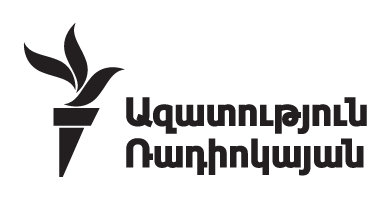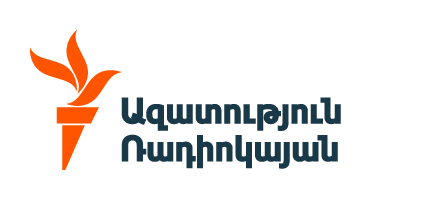Blinken said in a statement that after a series of bilateral and trilateral discussions during four days of talks both sides “demonstrated a sincere commitment to normalizing relations and ending the long-standing conflict between their two countries.”
The two sides agreed in principle to certain terms and have a better understanding of one another’s positions on outstanding issues, Blinken said.
He proposed the ministers return to their capitals “to share with their governments the perspective that, with additional goodwill, flexibility, and compromise, an agreement is within reach.”
Baku and Yerevan will continue to have the full support and engagement of the United States in their effort to secure a durable and sustainable peace, Blinken said.
Washington hosted Armenian Foreign Minister Ararat Mirzoyan and Azerbaijani Foreign Minister Jeyhun Bayramov at a new State Department facility in Arlington, Virginia, a suburb of Washington.
Blinken said at the start of the meetings that dialogue between Yerevan and Baku is key to achieving lasting peace in the South Caucasus.
Armenia and Azerbaijan have been locked in a conflict over Nagorno-Karabakh for decades. Some 30,000 people were killed in a war in the early 1990s that left ethnic Armenians in control of the predominantly Armenian-populated region and seven adjacent districts of Azerbaijan proper.
Decades of internationally mediated talks failed to result in a diplomatic solution and the simmering conflict led to another war in 2020 in which nearly 7,000 soldiers were killed on both sides.
The six-week war in which Azerbaijan regained all of the Armenian-controlled areas outside of Nagorno-Karabakh as well as chunks of territory inside the Soviet-era autonomous oblast proper ended with a Russia-brokered ceasefire under which Moscow deployed about 2,000 troops to the region to serve as peacekeepers.
Tensions along the restive Armenian-Azerbaijani border and around Nagorno-Karabakh leading to sporadic fighting and loss of life have persisted despite the ceasefire.
They flared anew last month when Azerbaijan installed a road checkpoint at the start of the Lachin Corridor, the only route linking Armenia to Nagorno-Karabakh.
Armenia says the checkpoint, set up on April 23, is a violation of the 2020 ceasefire. Azerbaijan insists it established the checkpoint in response to what it says were Armenian weapon supplies to Nagorno-Karabakh. Armenia denies that accusation.
A joint statement issued by the parties after the talks said Mirzoyan and Bayramov and their teams “made progress in mutual understanding on some articles of the draft bilateral Agreement on Peace and Establishment of Interstate Relations.” The statement also noted that positions on a number of key issues remain different.
“The ministers presented their views on the current situation and expressed their positions on the existing problems related to the regulation of relations,” it said.
“The two ministers expressed their appreciation to the American side for hosting the negotiations between Armenia and Azerbaijan. The parties have agreed to continue discussions,” the statement concluded.
In addition to meeting Blinken, the ministers also met with national-security adviser Jake Sullivan.




